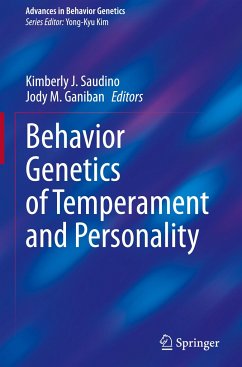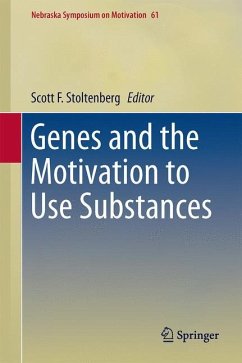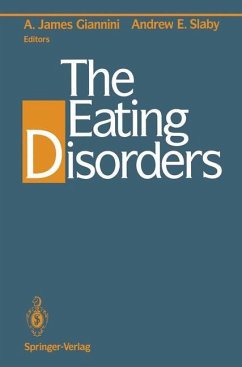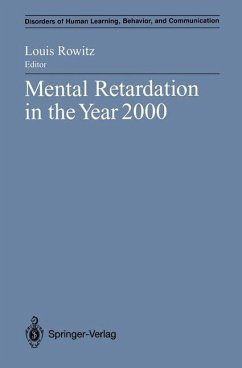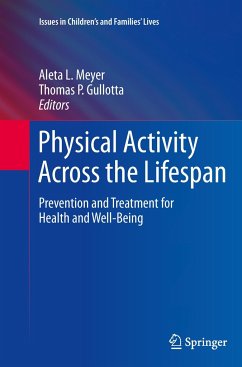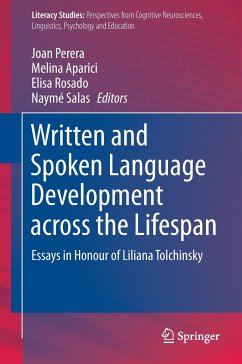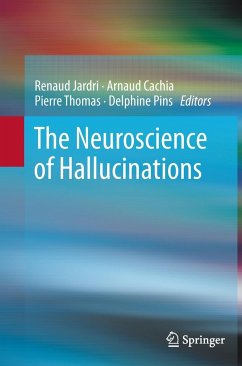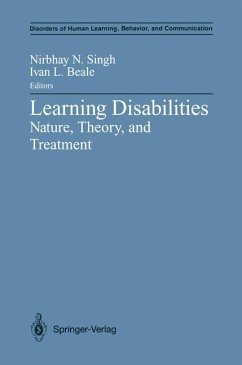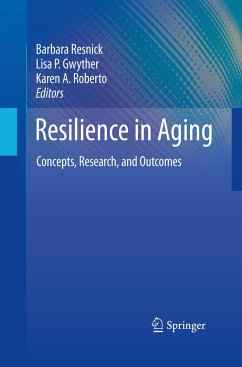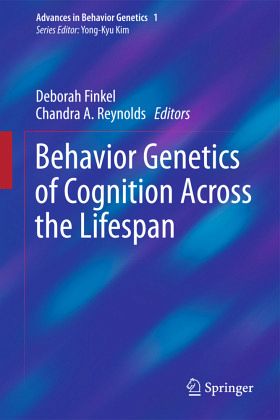
Behavior Genetics of Cognition Across the Lifespan

PAYBACK Punkte
57 °P sammeln!
Along with psychopathology, cognition has been one of the primary phenotypic focal points of the field of behavior genetics since its inception. Francis Galton's 1874 examination of eminent families in Britain was among the earliest attempts to investigate whether cognitive achievements run in families. This volume presents current methodologies for understanding cognitive abilities that move beyond the outdated nature vs. nurture paradigm. Recent advances in both collection and statistical modeling of twin data, particularly longitudinal twin data, make this an especially advantageous moment to produce a work that presents a collection of the groundbreaking research on cognitive abilities across the lifespan. This volume presents an overview of the current state of quantitative and molecular genetic investigations into the many facets of cognitive performance and functioning across the lifespan.?





